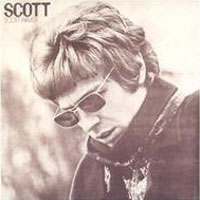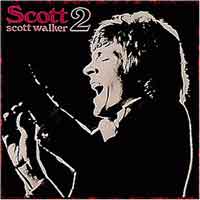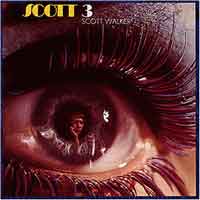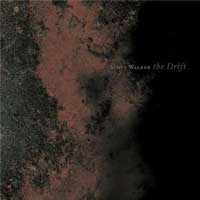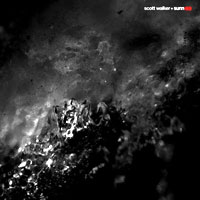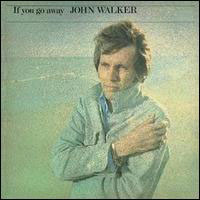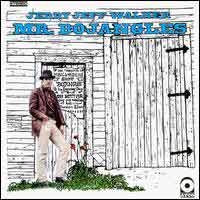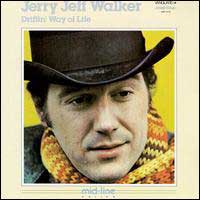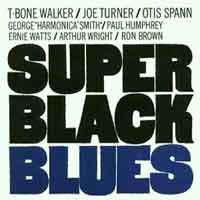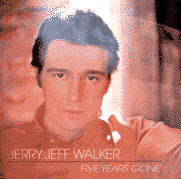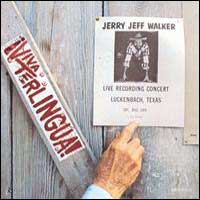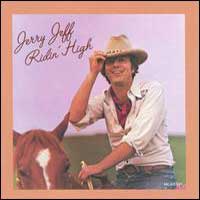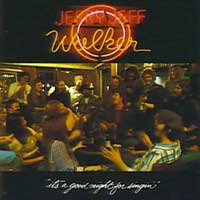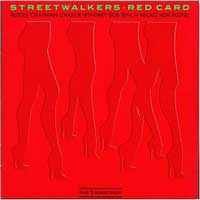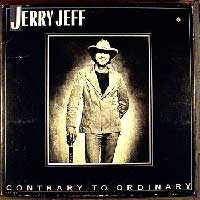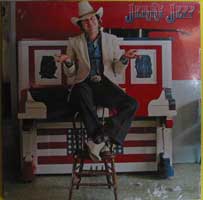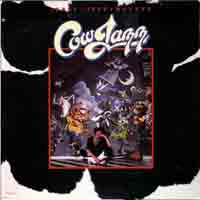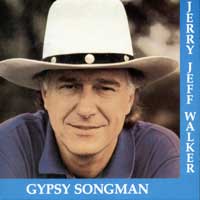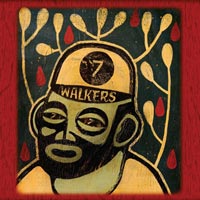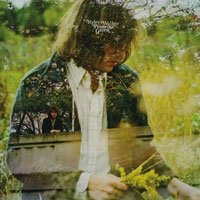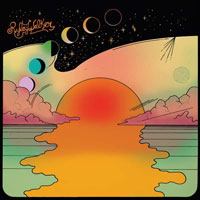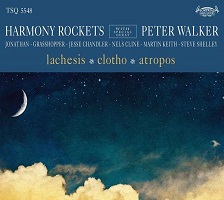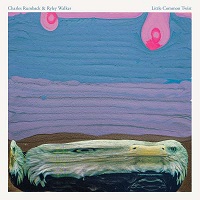|
Tilt was Scott Walker's first album following over a decade of silence,
and whatever else he may have done during his exile, brightening his musical
horizon was not on the agenda. Indescribably barren and unutterably bleak,
Tilt is the wind that buffets the gothic cathedrals of everyone's favorite
nightmares. The opening "Farmer in the City" sets the pace,
a cinematic sweep that somehow maintains a melody beneath the unrelenting
melodrama of Walker's most grotesque vocal ever. Seemingly undecided whether
he's recording an opera or simply haunting one, Walker doesn't so much
perform as project his lyrics, hurling them into the alternating maelstroms
and moods that careen behind him. The effect is unsettling, to put it
mildly. At the time of its release, reviews were undecided whether to
praise or pillory Walker for making an album so utterly divorced from
even the outer limits of rock reality, an indecision only compounded by
its occasional (and bloody-mindedly deceptive) lurches towards modern
sensibilities. "The Cockfighter" is underpinned by an intensity
that is almost industrial in its range and raucousness, while "Bouncer
See Bouncer" would have quite a catchy chorus if anybody else had
gotten their hands on it. Here, however, it is highlighted by an Eno-esque
esotericism and the chatter of tiny locusts. The crowning irony, however,
is "The Patriot (A Single)," seven minutes of unrelenting funeral
dirge over which Walker infuses even the most innocuous lyric ("I
brought nylons from New York") with indescribable pain and suffering.
Tilt is not an easy album to love; it's not even that easy to listen to.
First impressions place it on a plateau somewhere between Nico's Marble
Index and Lou Reed's Metal Machine Music -- before long, familiarity and
the elitist chattering of so many well-heeled admirers rendered both albums
mere forerunners to some future shift in mainstream taste. And maybe that
is the fate awaiting Tilt, although one does wonder precisely what monsters
could rise from soil so belligerently barren. Even Metal Machine Music
could be whistled, after all. (by Dave Thompson, AMG)
|
"There's truly no parallel in contemporary rock history
for the kind of late career renaissance that Tilt signified for Scott Walker.
Although most thought his best material well behind him in 1995, he came
out with a record that confounded everyone, full of magical ideas and brain-storming
musical leaps that far outstripped what even the most advanced avant-rock
groups were formulating at the time.
Then again, Walker was always a highly innovative performer who perilously
followed the dictates of his heart ever since he split from the greatest
boy band of the late 1960s, The Walker Brothers. His run of four great solo
albums, Scott 1-4, beautifully plotted his reinvention from fluffy pin-up
to black-hearted existential misfit. By the time of 1969´s Scott 4
he was writing songs based on Ingmar Bergman movies and dedicating tracks
''to the neo-Stalinist regime''. As the 1970s and 1980s rolled on he became
even more reclusive, only emerging for a patchy solo album, Climate Of Hunter,
and an even worse Walker Brothers reunion.
The circumstances couldn´t have been better for springing Tilt on
an unsuspecting public. From the first track, Farmer In The City, it´s
so gloriously confusing as melancholic strings make for the morning light
while Walker reads a litany of hallucinatory imagery, of wild horses and
the long shadows of macabre threshing machines. The closing Rosary is Walker
at his most intense, just quivering over a spare electric guitar, genuinely
chilling in its unearthly qualities. Nowadays he produces Pulp, so go figure." |
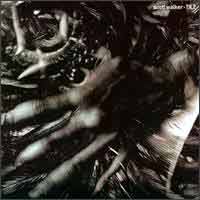
 Plattentipp
Plattentipp 
